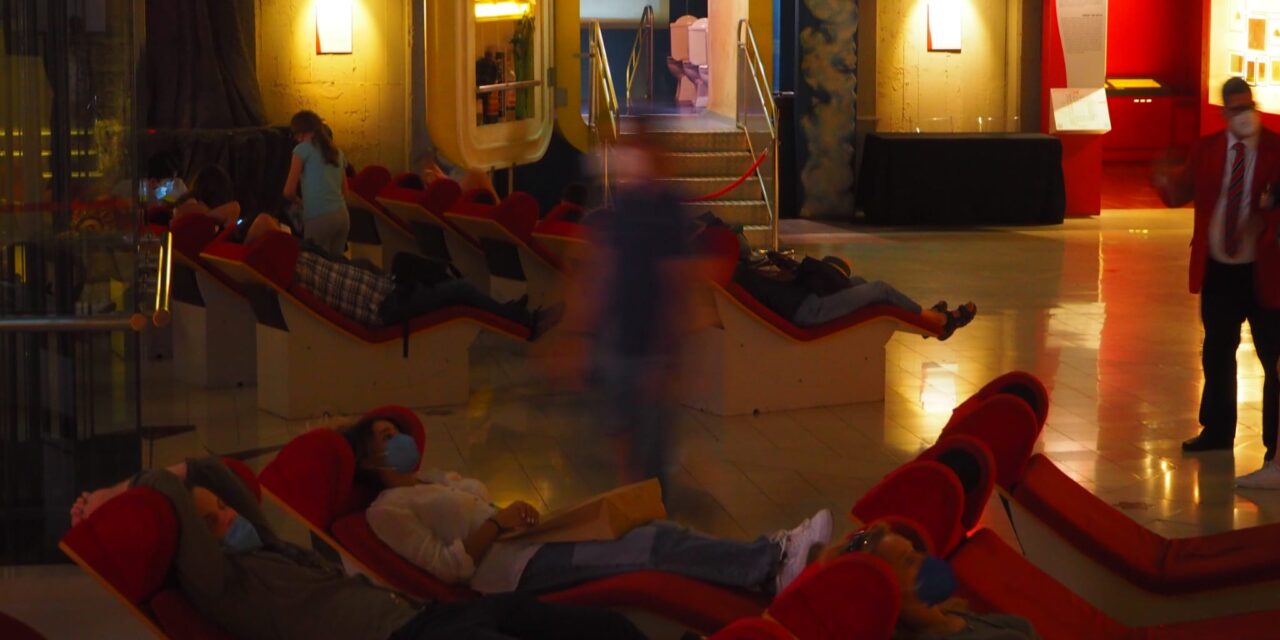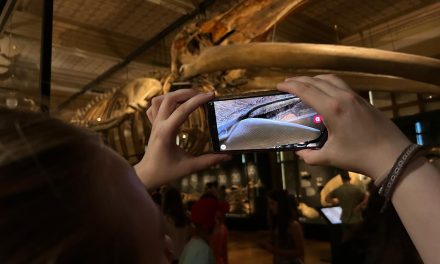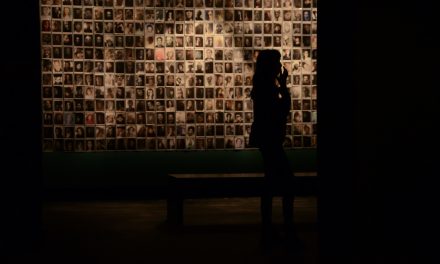In the early 20th century, Turin was the capital of the Italian film industry. Countless production companies established themselves in the city, and the streets of Turin were filled with 10 to 15 film crews every day. But nowadays, Turin is not particularly known for its film industry, like Rome for example.
The film industry in Italy took off later, compared to other countries. Industrial giants such as France and the United States of America had many advantages for the development of the film industry. They were rich countries, with new technologies and expertise in the technology of the entertainment field. Compared to these countries, Italy was a periphery. Due to the lack of resources in the country, the film industry had to use materials that were brought in from other countries or were developed later, which resulted in a slower take-off for the Italian film industry.
However, the late start does not mean that Italy played an insignificant role in the film industry worldwide. Films like Cabiria, shot in Turin in 1914, changed the course of cinema worldwide and between 1910 and 1915, almost half of all Italian films were produced in Turin. But why was Turin so appealing for filmmakers and production companies?
Favourable conditions
Silvio Alovisio, author and professor of Film at the University of Torino, explains that it is difficult to find a specific reason for the popularity of the film industry in Turin.
“There are a number of geographical, cultural and economical factors which contributed to Turin’s appeal, which can altogether explain the success of the film industry in the city,” says Mr. Alovisio, “the vicinity to France proved to be favourable for the exchange of technologies and cultural and economical trends. The location of Turin was also advantageous, being between the sea and the mountains, and the construction of a railway line to the Valle di Lanzo made it easy for film crews to travel back and forth.”
At the beginning of the 1900s, the car industry started to develop, which created an economic environment that facilitated great technological expertise. Furthermore, the municipality of Turin had a liberal governance, focused on creating the best developing conditions for new economical sectors. This was also the case for film- and production companies: the municipality had the policy to encourage and facilitate the film recordings, without providing too many obstacles. It was (and still is) much cheaper to film in Turin, compared to other cities.
The liberal environment of the city attracted a lively group of young intellectuals. “This group of intellectuals, consisting of people such as Arturo Ambrosio and Giovanni Pastrone, wanted to challenge the existing traditions and bet on new ways of communication and entertainment,” explains Mr. Alovisio.
Unfortunately, the golden age of the film industry was brief for Turin. Up until 1916, it remained the capital of Italian film, but the title switched to Rome shortly afterwards, as it was already the political capital of Italy. The film industry needed a strong centre to continue its development, instead of having its resources scattered all over the country. The transition to sound in films also contributed to the decline of the industry in Turin. The city could not have managed to surpass the costs of this transition, as it missed serious economic support for the industry. The economic base was very fragile and all resources and movie theatres were adapted to silent films, which is what Turin was known for.
Although the golden age of film has passed, Turin has always kept its strong attraction towards cinema. It is home of the National Film Museum, located in a major landmark of the city: the Mole Antonelliana. The museum was originally created to keep the history of Turin film alive, and it now has an impressive archive of Italian and international films.
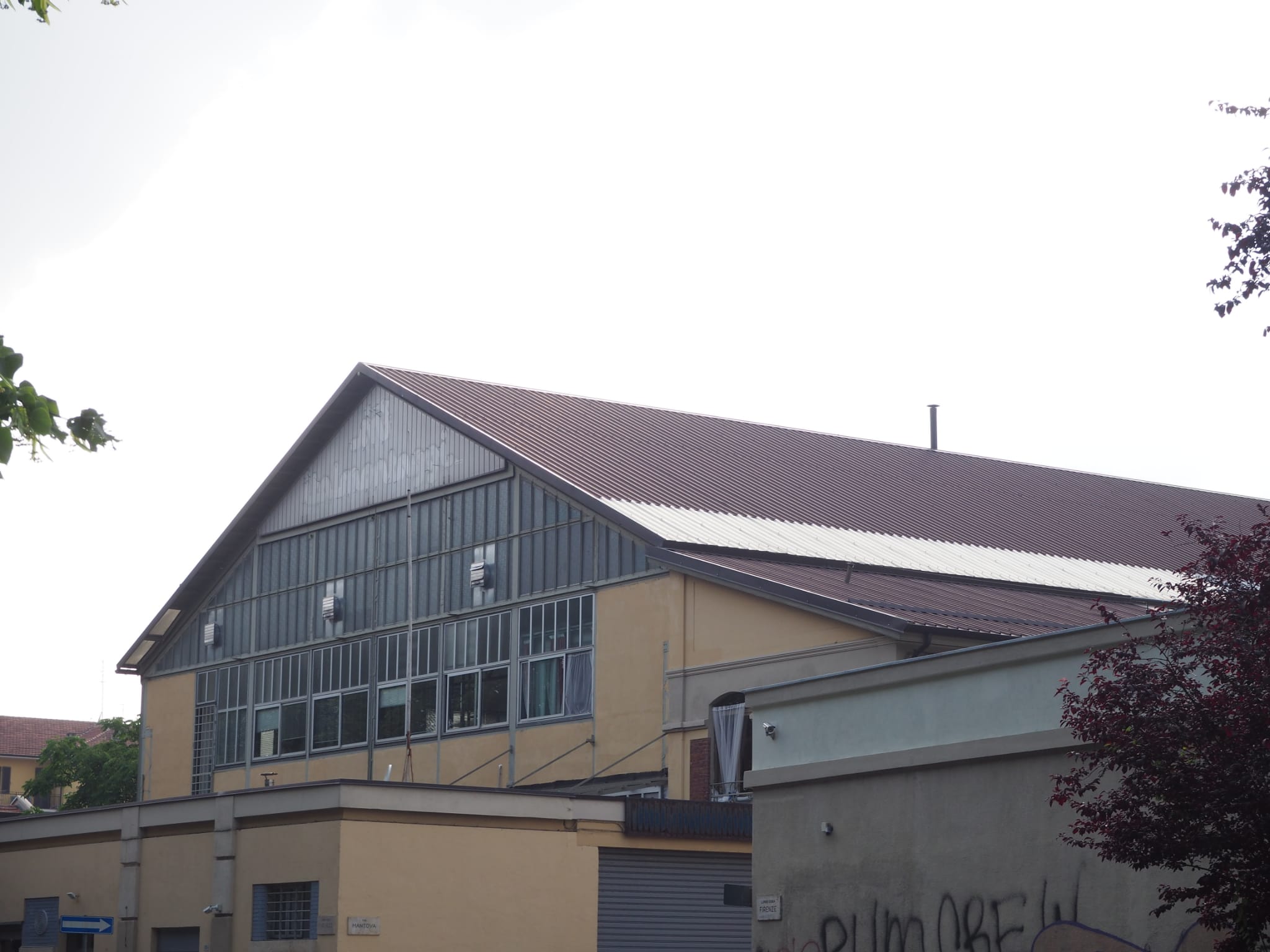
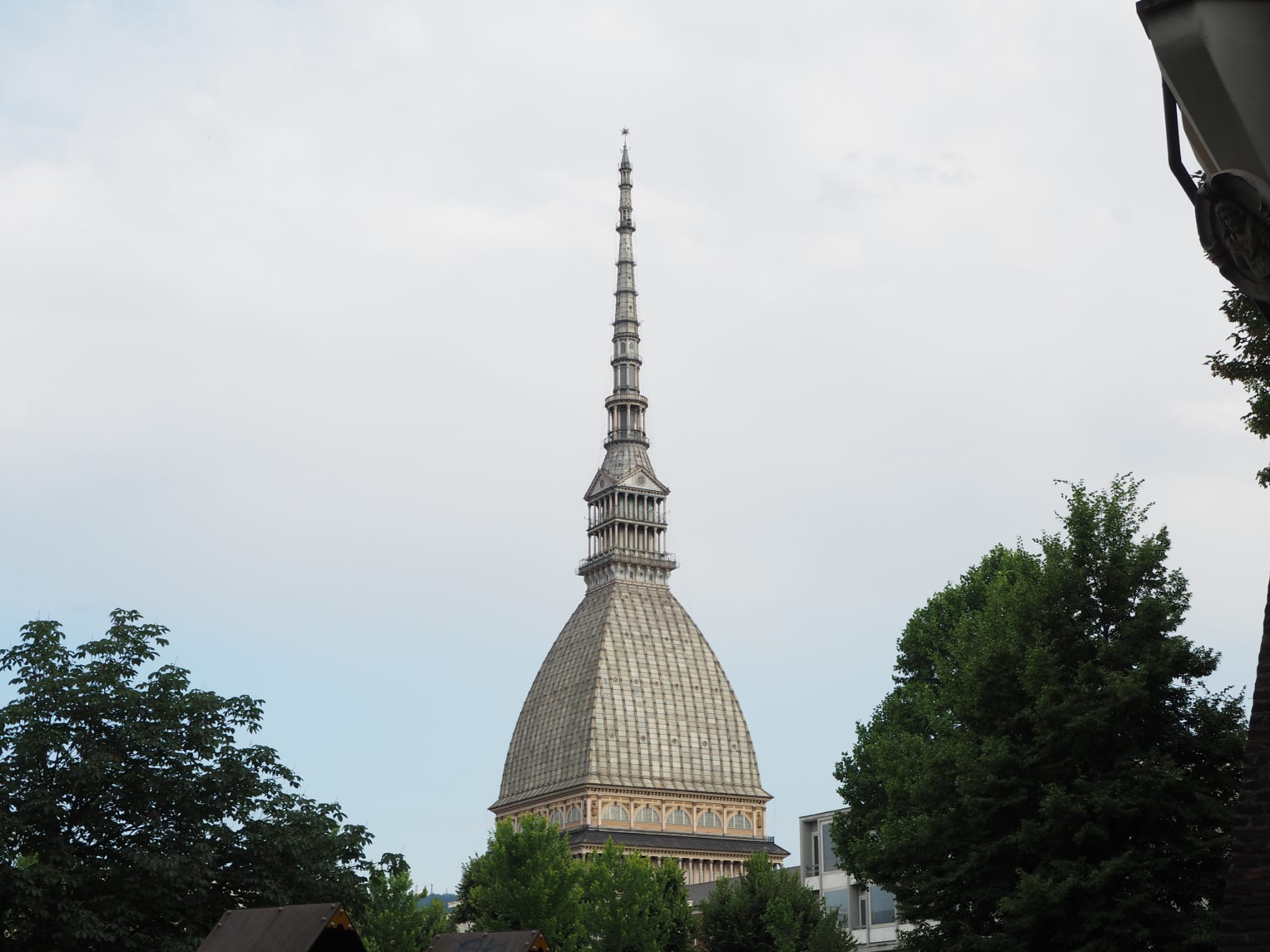
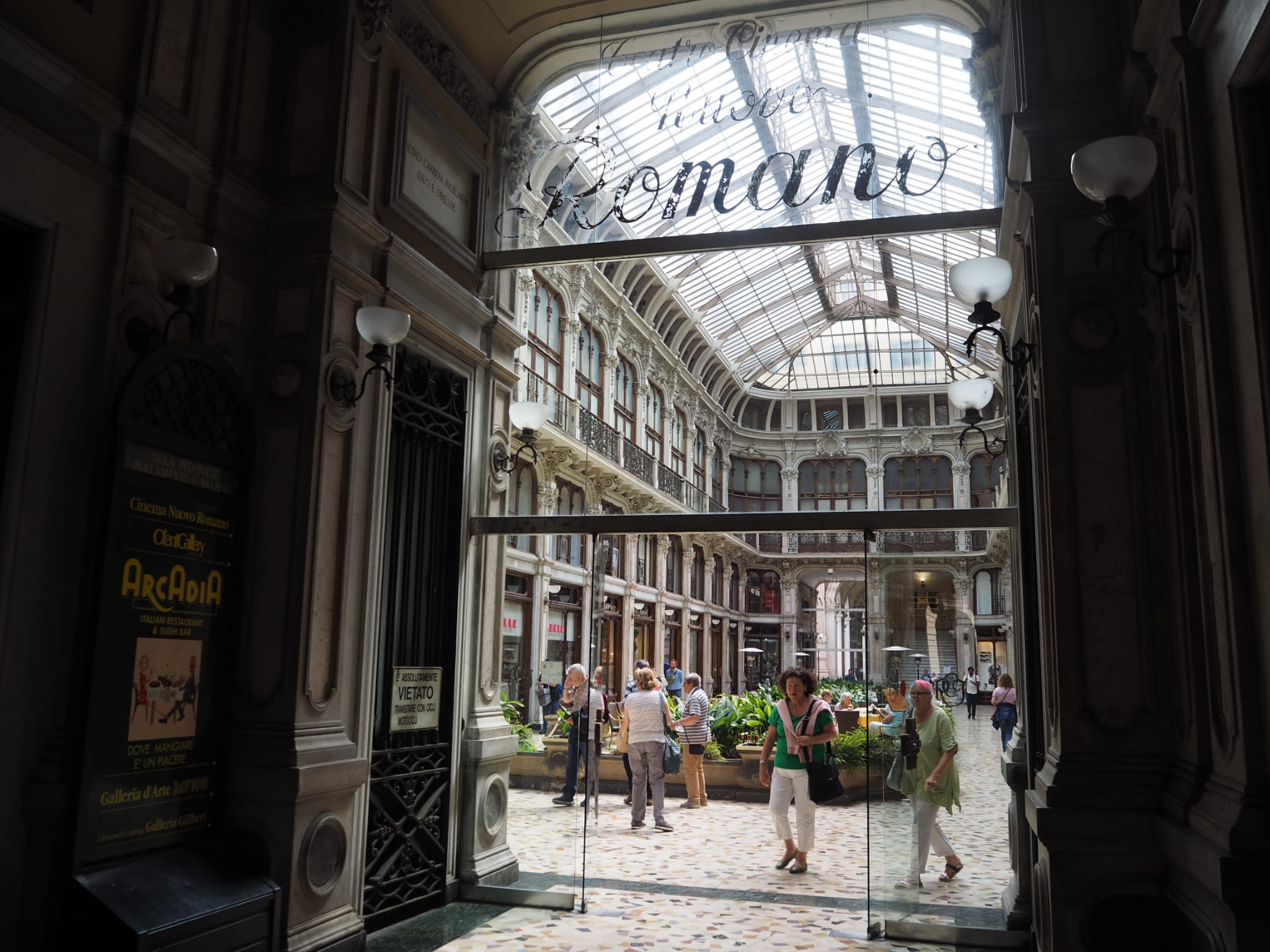

Turin was also the first Italian city to have an important and efficient film commission with major facilities and services, which has drawn many productions to the city.
The revival of the film industry
The Film Commission Torino Piemonte (FCTP) is a non-profit foundation, founded, created and sustained by the municipality of Turin and the region of Piemonte. Donatella Tosetti, head of communication and press, explains: “The FCTP is the first film commission which became operational in Italy, in 2000. It was created to support the film industry on a local level. The main purpose is to attract and help all audio-visual productions that choose to realize their projects on Piedmontese territory. Parallel to attracting productions, we want to help the local film sector to grow and develop.”
This goal is achieved through the extensive services, communication and marketing of the FCTP. The film commission assists with productions, location scouting and acts as an intermediary between the film crews and the municipality of Turin. In addition to that, the FCTP offers various film funds.
With the help of the FCTP, the film industry in Turin has grown exponentially. “Before 2000, there were many different production companies and a film was recorded once every 3 or 4 years. At his point, every year there are around 10-15 films shot in the city along with countless music videos, advertisements and documentaries,” says Paolo Manera, the director of the FCTP.
A laboratory for new filmmakers
One of the many other film related initiatives in Turin is the Torino Film Lab (TFL). This ‘laboratory’ supports the development of filmmakers and the production and distributions of films all over the world. Angelica Cantisani is the programme coordinator of TFL. She explains that the laboratory tries to work in 360 degrees of the process with the filmmakers, through different programs, production development funds and assistance with distribution strategies. “We have one-year programmes which consist of different workshops and final presentations for the production market. Next to that there are shorter, more intense programs of trainings and workshops.”
In the last years, Torino Film Lab has been working with other organizations from the film industry in Turin to create a large network. Together with Torino Film Festival, Film Commission Torino Piemonte and the National Short Film centre , they created a platform called Torino Film Industry. This platform and the related events are focused on young talents, new cinema, documentaries and short films and other original productions.
And now?
The film industry in Turin has been through many changes since the 1900s. Angelica Cantisani describes today’s film industry as a place for creativity and starters, but there is also space for professional productions. “Filmmakers and production companies have many organizations at their disposal, who offer support for their professional growth. It’s a rapidly growing industry that’s becoming more and more international.” According to Paolo Manera, the film industry has its own specific character, with specialized production companies and societies for documentaries, animations and author films. “The industry here is very focused on new and independent cinema and new talents. The big film industry of blockbusters and tv shows is situated in Rome and Milan is more commercialized, with advertising for example. In Turin we have cinema.”
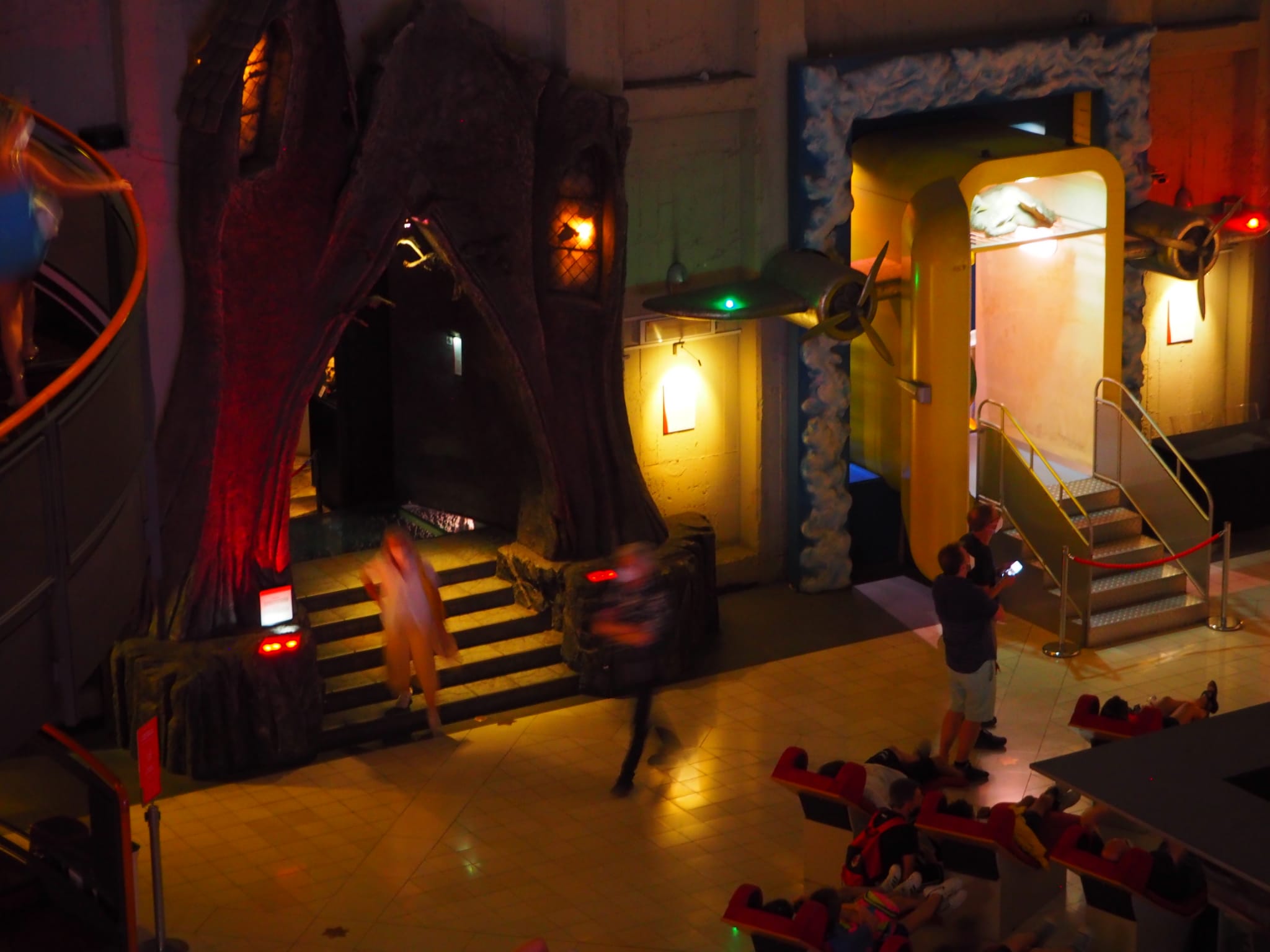

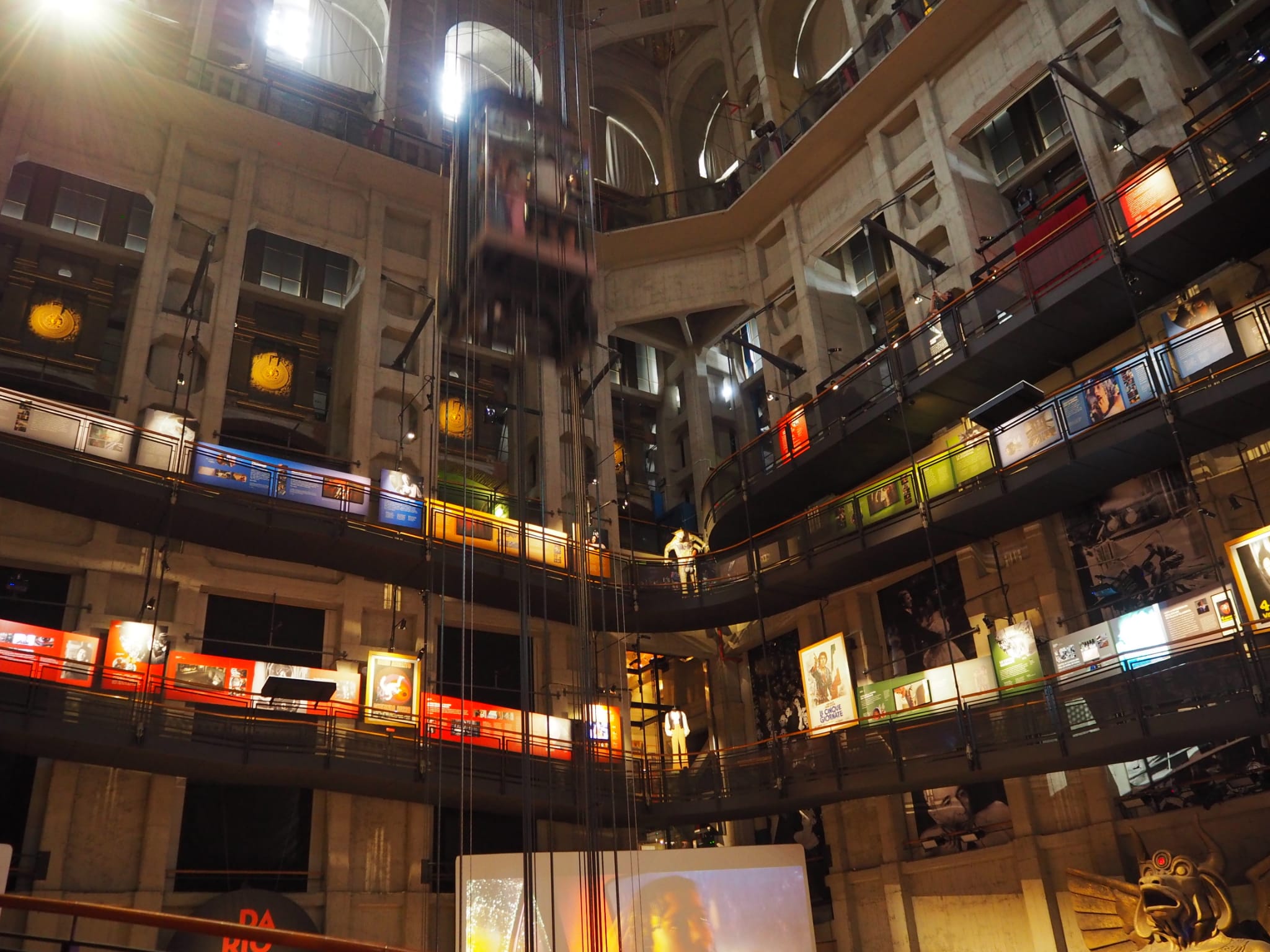
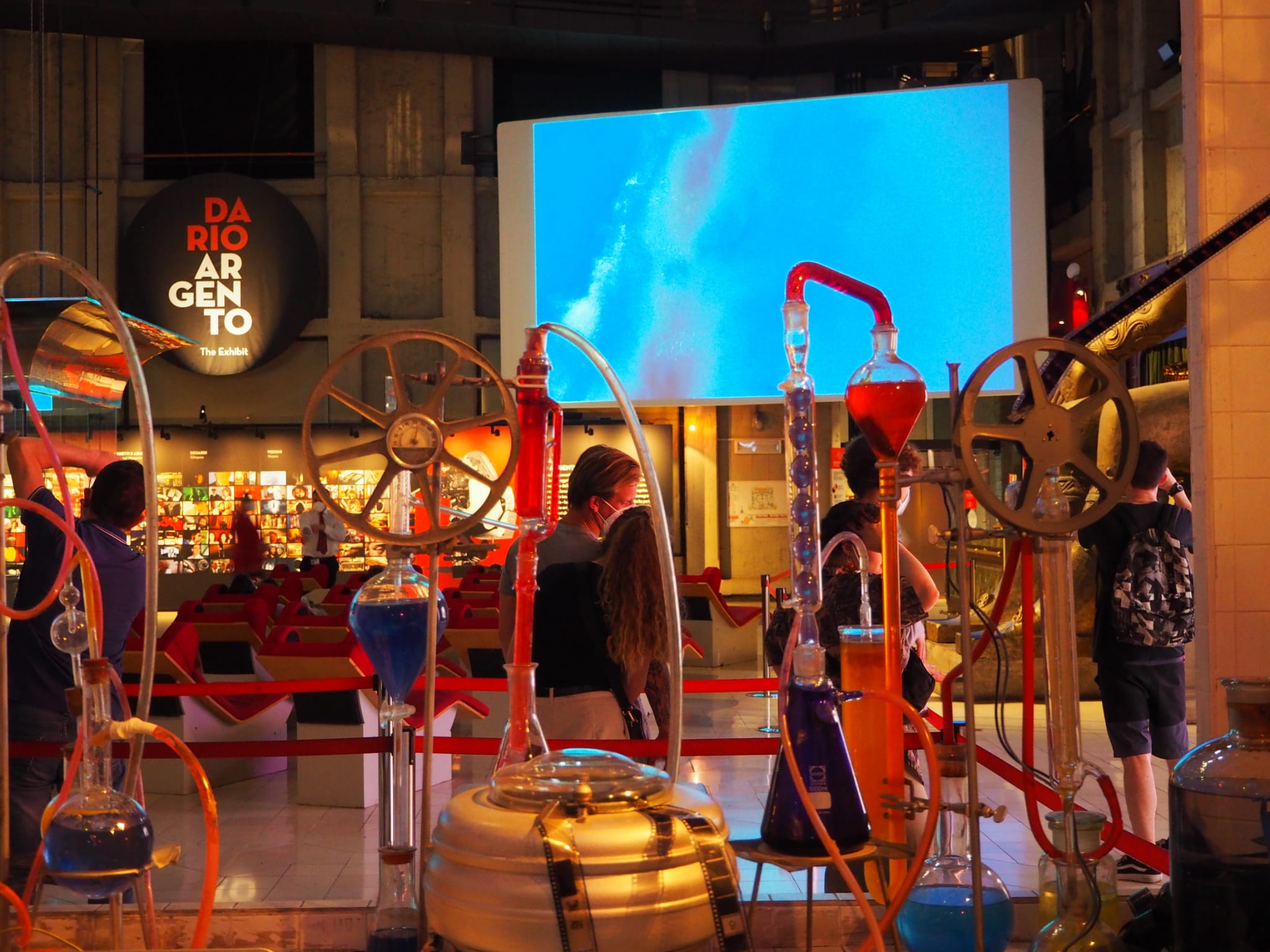
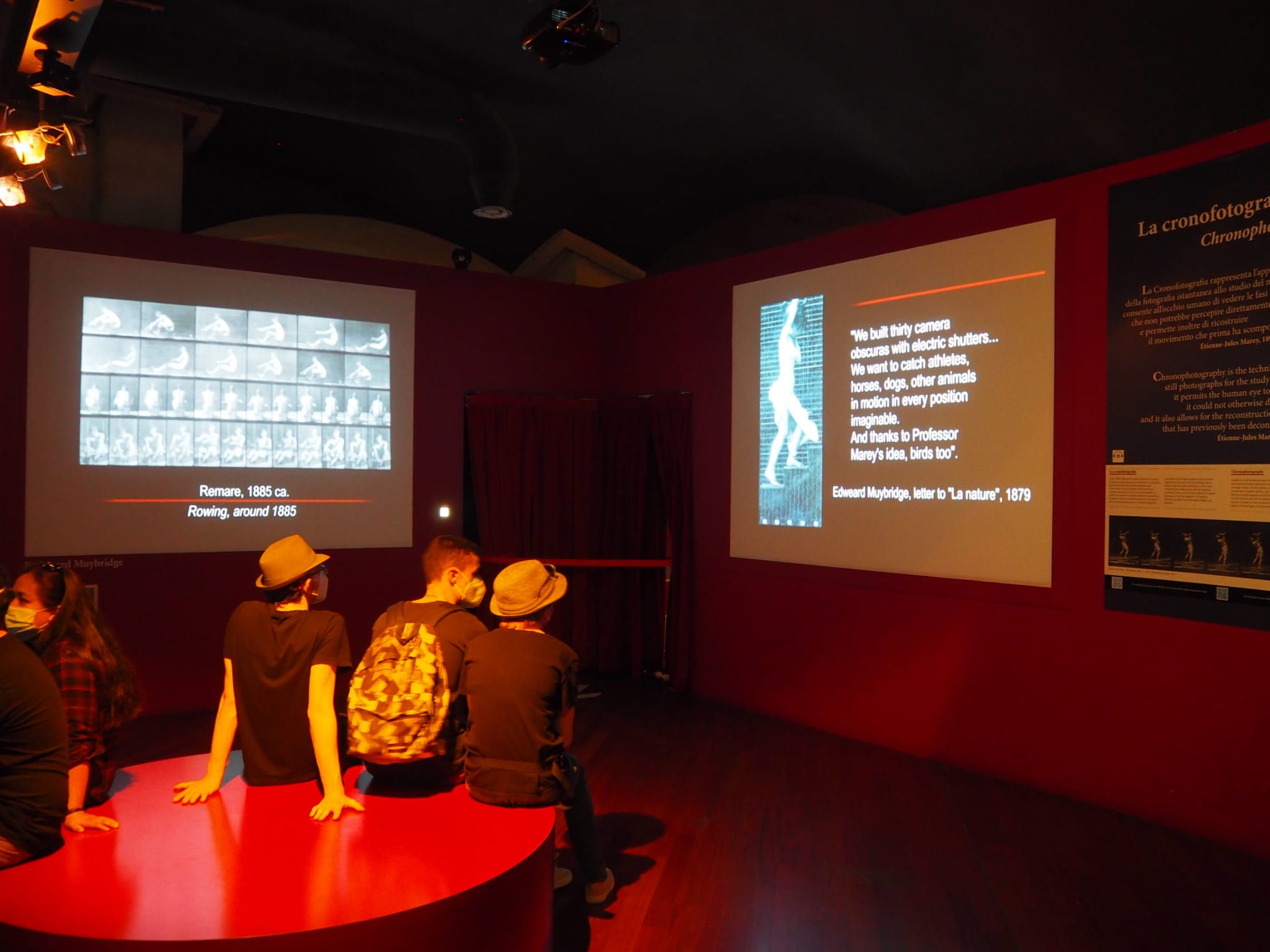
The National Film Museum, situated in the Mole Antonelliana
